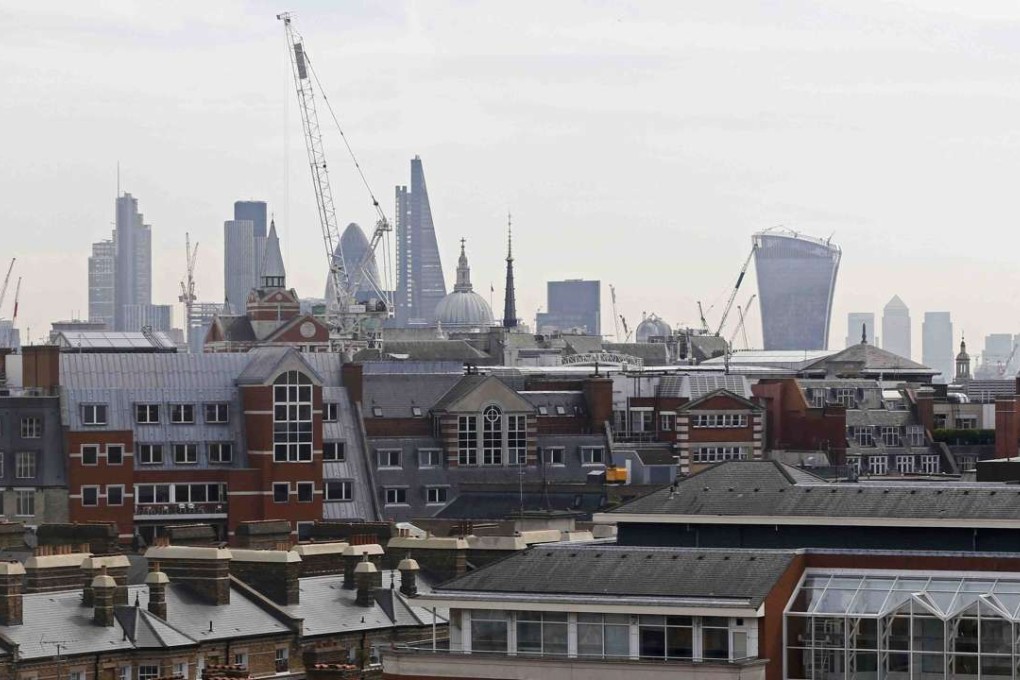London’s office market withstands Brexit flight risk
Vacancy rate in the City much lower than in Frankfurt and Paris in the first quarter

The prospect of Britain quitting the European Union has inflicted little damage so far on demand for space in London’s financial hubs, first-quarter rental data suggests, despite some warning signs from investment banks.
A year after Prime Minister David Cameron’s election win fired the starting gun on the European Union membership vote, London remains Europe’s most “in-demand” office market, and there is little sign of an uptick in rivals Frankfurt and Paris.
Research from real estate broker CBRE shows only 2.9 per cent of office space in the City, London’s historic financial district, was available for rent in the first three months of the year, compared with 12.2 per cent in Frankfurt, 6.3 per cent in Berlin and 6.8 per cent in Paris.
Rents are also rising, underlining demand among occupiers, although early second-quarter indicators on yields suggest investor confidence has started to wane.
We have seen quite a scramble for space in London over the past few years. Most companies are still expecting a vote to remain
Such figures may assuage concerns among those worried that firms would slash their London operations or even abandon the city altogether in the run-up to the June 23 referendum.